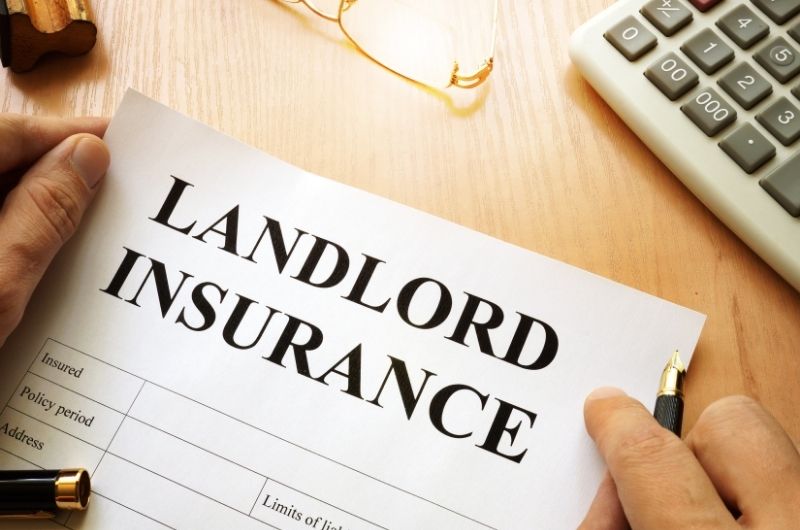
As in any business, real estate investors need to document their income and expenses for tax purposes. They also must document their interactions with prospective and current tenants, and the contracts they enter for services, such as trash removal and landscaping. The importance of record-keeping for landlords is one of the first things new real estate investors should learn. Below, we go over some key real estate recordkeeping requirements.
Income and Expenses
Keep records of income and expenses as if you’re anticipating an audit. Document your income with bank statements and keep separate records for each property you own. Keep records that prove your expenses and support every deduction you claim for repairs, maintenance, property taxes, and property management fees (if you pay them), along with other allowable deductions.
Tenant Files
Keep a separate file for each tenant with their contact information, a copy of their signed lease, the list of references they provided, a record of their security deposits and all rental payments, and documentation of all communication between them and you. This will include records of your screening interviews, complaints, records of property damage—including invoices and receipts for repairs on the property— notices you’ve transmitted to the tenant, and their responses. These records will be crucial if there is a dispute over the return of a security deposit, or if the necessity to evict a tenant arises.
Mortgage and Insurance Documents
Another important aspect of landlord recordkeeping is protecting financial information about the purchase of the property. Keep the mortgage documents, deed, and insurance policies on the property in a locked, fireproof safe.
Legal Actions
If you’ve had to take legal action to evict a tenant, or if a tenant files a legal complaint against you, keep documentation every step of the way. Work with your attorney to ensure the appropriate records are kept for the required amount of time, and documents that support your case are securely protected. If you have employees, you must maintain confidential personnel files and records of payroll taxes. Your accountant and tax advisor can help you ensure you follow relevant laws and regulations.
Electronic Records
Above are some of the main recordkeeping requirements for real estate. When it comes to maintaining these vital records, many property owners use software designed to facilitate proper record keeping. You can also scan documents and maintain electronic files. Make sure you back up your digital records regularly by using a secure cloud or an external hard drive kept in a locked safe or cabinet.
Work with your tax advisor to determine the retention period for all records related to your real estate business. Professional property management companies can maintain most of the necessary records. As the property owner, it is still your responsibility to maintain access to those records and to keep your own for filing taxes and responding to legal actions.
Excalibur Homes provides Atlanta rental home management services for real estate investors and can assist property owners in the greater Metro Atlanta area with important recordkeeping requirements for real estate.



